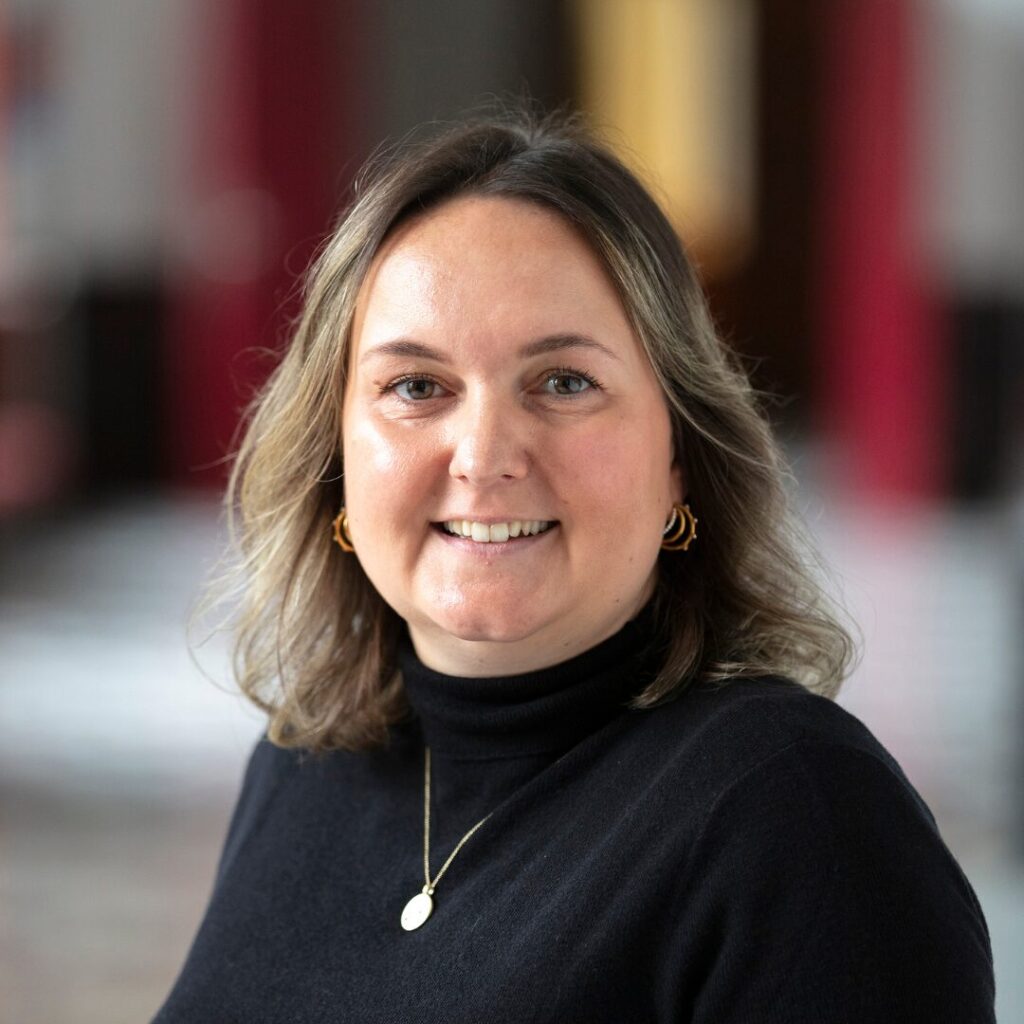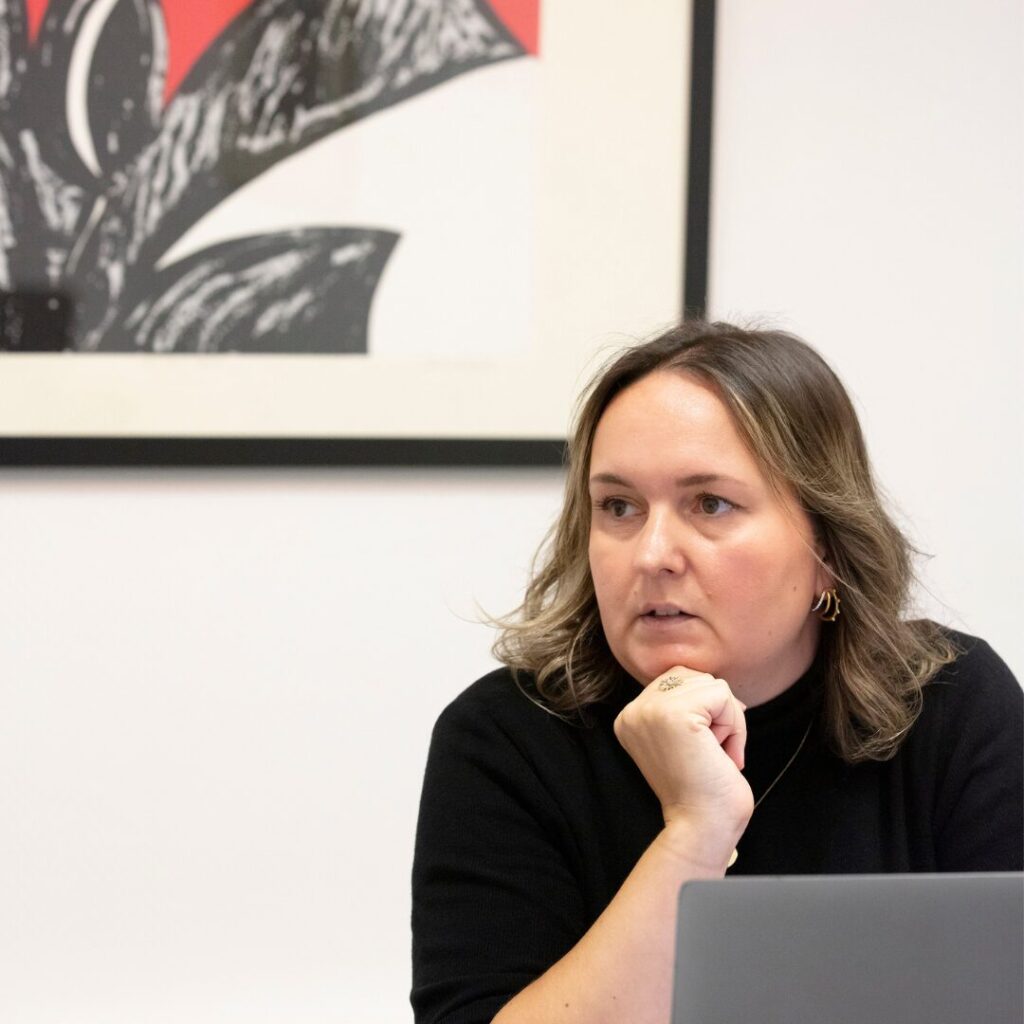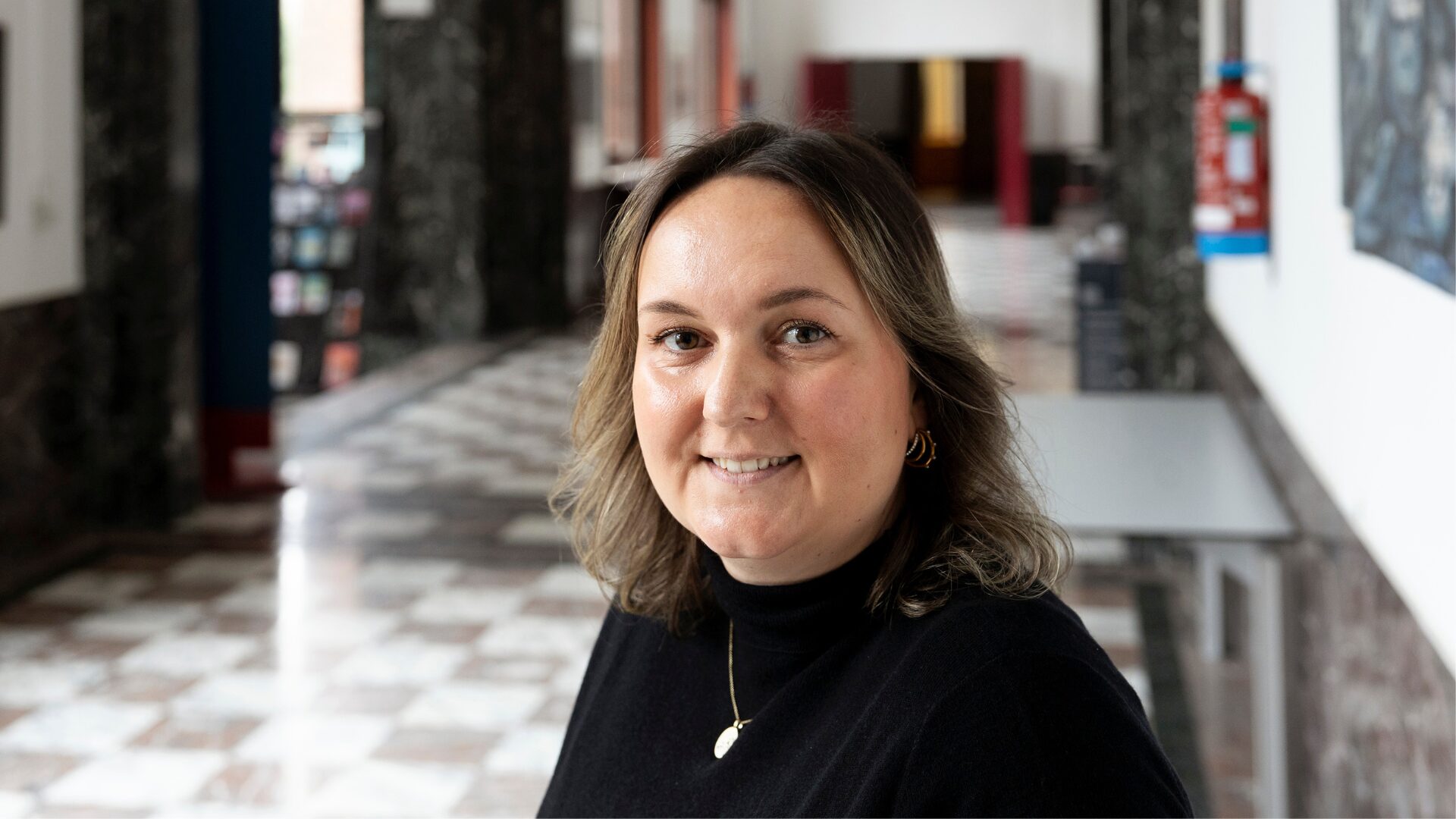The Committee for Scientific Integrity (CWI), set up to investigate infractions of scientific integrity, has a very important supporting role nowadays. ‘We don’t show the only right path, but provide tools so people can map out this path themselves,’ says CWI secretary Marianne De Voecht. In a new podcast series, researchers share their experiences in this area.
‘The CWI was set up in 2010, mainly to address concrete infractions of scientific integrity‘, says Marianne, scientific integrity expert at the Research Affairs Office of Research, Innovation & Valorisation Antwerp (RIVA). She estimates about three reports of possible fraud are filed every year. That’s not a lot, but zero would be even better.
‘Scientific integrity means that the research in question complies with current ethical principles and professional standards,’ Marianne explains. ‘It’s crucial we all monitor this. After all, if there’s any doubt about the credibility of scientific research, this undermines the trust of other academics and of society at large. This is why the CWI and our policy on scientific integrity are so important.’
The top three infractions are fraud, fabricating research data and forging that data. ‘But there’s also a grey area, for instance the selective disclosure of results. Something like that may happen unconsciously, but it affects the veracity of the research all the same,’ says Marianne.

‘A procedure can take a long time, and can be psychologically taxing for the researchers involved, that’s why we recently appointed a confidential advisor for scientific integrity, who can assist both the person filing the report and the person against whom the report is filed.’
– Marianne De Voecht
Point of contact
If someone suspects an infraction, they can reach out to the point of contact for scientific integrity: Professor Willem Lemmens at the Department of Philosophy. Marianne: ‘At first, he’ll try to mediate. If this is not possible, we will investigate the complaint by requesting additional documents of proof and talking to the person filing the report. The person against whom the report is filed can also tell their side of the story of course.’
In practice, a procedure like this can take a long time, sometimes even months. This can be psychologically taxing, particularly for the researchers involved, says Marianne. ‘They are generally caught off guard by the report and have to justify themselves to an entire committee. This is why we recently appointed a confidential advisor for scientific integrity, who can assist both the person filing the report and the person against whom the report is filed.’
Once the procedure has been completed, the CWI sends its recommendation to the university board. It’s then up to the rector to decide how the matter is dealt with. ‘If possible, our committee also makes recommendations for better frameworks or guidance to prevent such a mistake from happening again. After all, scientific integrity isn’t just the responsibility of the individual researcher, but of the entire university.’
Less punishment, more prevention
Over the years, prevention and dialogue have become more important than detecting mistakes and punishing those responsible. ‘We mainly see our function as a positive one now, focusing on the promotion of good practices more than anything else. Our greatest wish is for our committee to become redundant over time,’ says Marianne.
In concrete terms, RIVA elaborates various guidelines. One example is the document on authorship. Marianne: ‘This concerns, for example, whether or not authors are mentioned in a publication and in what order. We noticed that researchers do try to stick to international guidelines, but don’t have a clear document to refer to.’ That’s why a set of institutional guidelines on authorship have been elaborated. ‘Compare it to a marriage contract’, Marianne says with a laugh. ‘In the best-case scenario you don’t need it, but if problems arise, you have something to fall back on.’ In the meantime, a similar document for the use of AI in scientific research has also been drafted.
‘We mainly see our function as a positive one, focusing on the promotion of good practices more than anything else. Our greatest wish is for our committee to become redundant over time.’
– Marianne De Voecht

Mind The GAP
In addition, researchers can use the online training tool “Mind The GAP” on Blackboard, where GAP stands for Good Academic Practices. It concerns a joint initiative of all the Flemish universities (VLIR). An online course package teaches students what they should pay attention to during the various phases of the research, from experimental design and research data management to scientific communication and peer review.
Marianne: ‘It’s mandatory for new PhD students to take the course, as they are the PhD supervisors of the future. But the module can be accessed by all students and staff and parts of it are also interesting for experienced researchers, for example the one on supervising research.’
Podcast series
What continues to be a challenge is to motivate researchers to use all of the guidelines and tools. All too often, these are dismissed as an administrative burden. To raise awareness of Mind The GAP, VLIR created a six-part podcast series focusing on personal stories behind scientific integrity. Researchers and policy offers at all Flemish universities share their experiences. What lessons have they learnt? What kind of stumbling blocks have they encountered?
After a general introduction, five themes are addressed: Generative AI, research data management, authorship, corrections and retractions , and the mental challenges faced by researchers. ‘The experts could talk freely. One of their messages is that having doubts is very normal, for every researcher. In the show notes, we refer to concrete guidelines and additional information,’ says Marianne, who supported the initiative as a policy officer.
Our university is represented by Professor Walter Daelemans of the Department of Linguistics and Professor Charlotte De Backer of the Department of Communication Studies, in the episodes on AI and the human impact of research, respectively. ‘The latter is a very personal story. About collapsing and picking yourself back up, and about taking the time for your research,’ Marianne says. She hopes the podcast series will promote reflection on scientific integrity. ‘It’s not up to us to show researchers the only right path, but to provide them with tools so they can map out this right path themselves,’ she says in closing.


